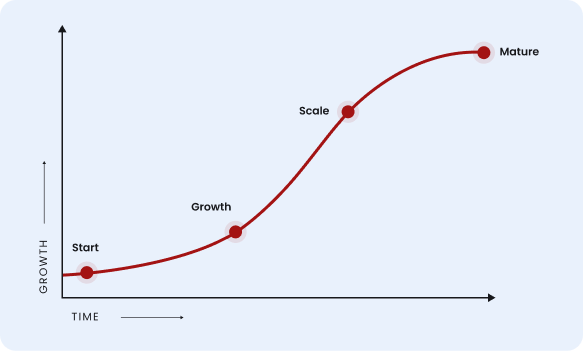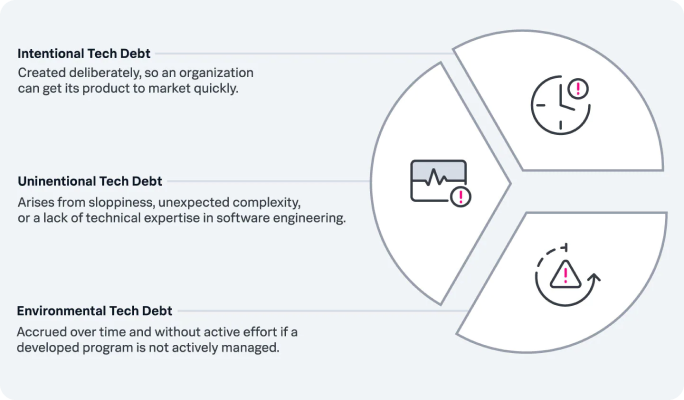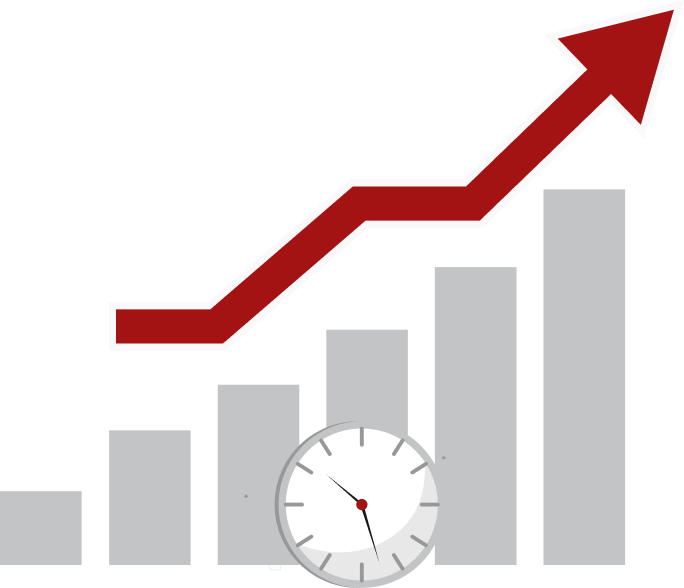Scale Your Product
Once your product concept has been validated and undergone various cycles of improvement, it’s time to scale up.
A successful product is functional, saleable and able to grow as the size and needs of your user base expands. At Logiciel, we’ve assisted multiple clients with scaling their product, from scratch or well after the MVP development process, with great success. Using the battle-tested lean start-up methodology and agile scrum framework, we ensure that your digital product development process runs as smoothly and efficiently as possible.
Whatever your requirements, Logiciel ensures that your product is able to handle your most ambitious plans for growth.

What is Scaling?
Prioritizing scalability will take your product to the mass market and enable rapid adoption by a large audience. Think of scalability as the quality that determines the lifetime value of your application by removing the limitations that can become a barrier to growth in the future.
If the number of users increases past your product’s ability to scale, the performance drops which can lead to a bad user experience. By building with scalability in mind, your product will be able to grow rapidly and extensively without impacting the user experience.
What Scaling Really Means
Scaling delivers a positive user experience by ensuring that your product can grow – both in terms of the user base and the number of features you may want to add in the future. You’ve worked hard on your prototype and MVP – scaling ensures that you can take your product to the masses without compromising functionality and performance, whether you have ten users or ten million.
Some of the benefits of building a scalable product includes
Avoid Technical Debt
At Logiciel, we have a culture of testing and regular code reviews designed to reduce technical debt.
Technical debt can be caused by insufficient code refactoring, time constraints, or by simply pushing a product to market too quickly, thus prioritizing release over quality. Technical debt will not drive up costs, but will lead to loss of customers because of a poor user experience. To avoid this, Logiciel does not compromise on code quality. We set the highest possible code standards for our work and continually analyze and measure performance to avoid cumbersome fixes and technical debt after scaling.

How Do You Know When to Scale?
There are several approaches to scaling that could be considered. We will work closely with you to understand your scaling requirements before advising the best possible course of action.
Some of the reasons for when scaling requires:

Meeting additional/new user needs
During the earlier stages of product development, extensive testing takes place and user feedback is gathered. However, as more users are added and begin using the product, there will be new suggestions and needs that crop up.
Tracking user activity
As you gather information about the ways clients use your product, you can determine which features are the most popular and which are underutilized. You can use this data to establish which changes will benefit your users the most.
User-identified issues
Daily users will inevitably uncover issues you may not have known about or thought of during the earlier development stages. You can address these issues during the scaling phase.
Unexpected uses
How people use your product every day can uncover unexpected areas of opportunity. This could include a feature that you considered non-essential that turns out to be wildly popular, or a core feature that is underutilized and needs to be reworked.


